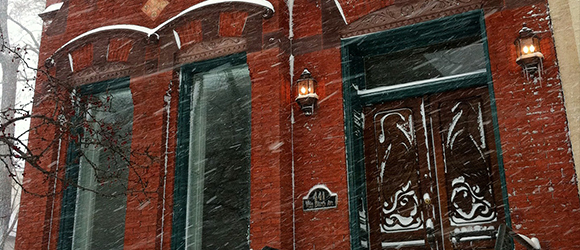By nearly all measures, Chicago’s real estate market is “very hot” this year. Prices are on the rise for 2016, as is demand for property. What does this mean if you’re looking to rent in Chicago? Could you end up paying more, or could you take advantage of rent stabilization?
What is Rent Stabilization?
Rent stabilization puts a limit on how much a property owner may charge for a specific apartment or rental property. This protects the renter in a month-to-month lease (and sometimes in a year-to-year lease) from property owners raising rates arbitrarily past a set amount.
Why It Won’t Happen in Chicago
While it may sound desirable to a renter, stabilization will not happen in Chicago. Illinois state law prohibits local governments from passing rent control ordinances. The relatively new law, called the Rent Control Preemption Act and enacted in 1997, likely won’t change in the near future. The Act allows property owners to increase rent, as long as they only do so once the lease term expires. Additionally, property owners must provide at least a 30-day notice to tenants about any upcoming rent increase. It’s also important to note that the Act does not apply to government-assisted programs such as the Chicago Housing Authority.
How to Protect Yourself
Do your research before renting. Research both the property management company and the area to find comparative costs. Ensure that even if you are doing a month to month, you get the rental rates in writing to prevent rate increases from exceeding your budget. Read the lease carefully before signing. If you qualify, Chicago Housing Authority offers assistance with rental payments for low-income residents.
For more information on rent stabilization, click here.



